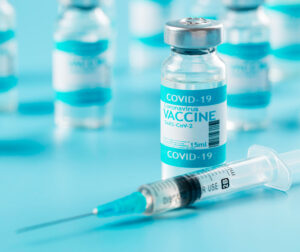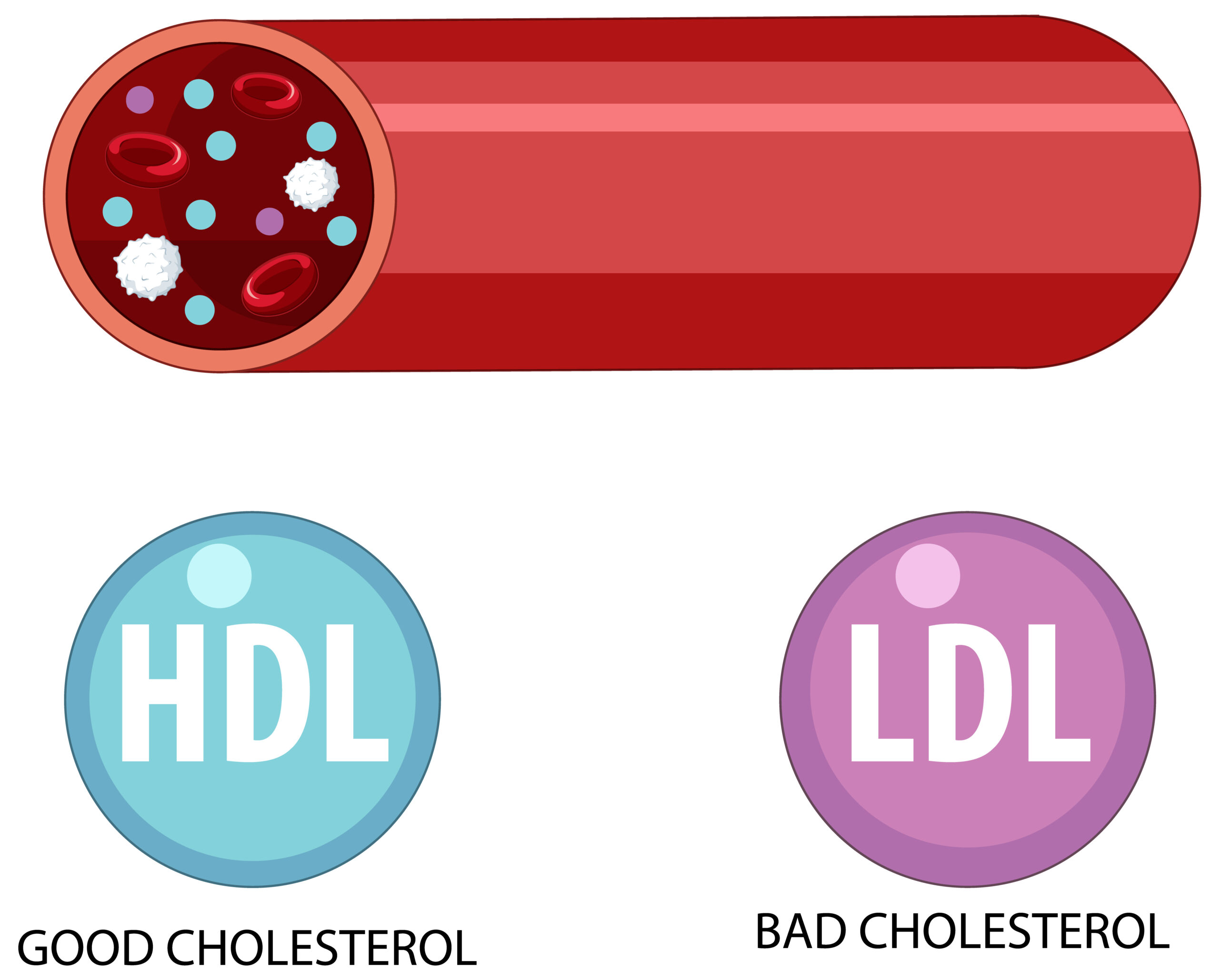The COVID-19 pandemic has transformed lives globally, prompting significant changes in how we live, work, and interact. As vaccines became available, a critical focus emerged: protecting children from the virus. Understanding COVID-19 vaccines and their implications for kids is essential for parents navigating this challenging time.
Why Vaccinate Children?
While children generally experience milder COVID-19 symptoms than adults, they are not immune to the virus. They can still contract, spread, and suffer from severe outcomes, including hospitalization and rare but serious conditions like Multisystem Inflammatory Syndrome in Children (MIS-C). Vaccinating children helps reduce the spread of the virus, protecting both the young and the more vulnerable populations around them.
Safety and Efficacy of COVID-19 Vaccines for Kids
The safety and efficacy of COVID-19 vaccines for children have been thoroughly researched. Clinical trials involving thousands of children have shown that the vaccines are safe and effective in preventing COVID-19 infection. Side effects in children are generally mild and temporary, similar to those experienced by adults, including pain at the injection site, fatigue, and mild fever.
The Pfizer-BioNTech vaccine, for instance, has been authorized for children aged five and older. Studies have shown it to be highly effective in this age group, with an efficacy rate comparable to that observed in older age groups. Moderna and other vaccines are also undergoing trials and approvals for younger children.

Addressing Concerns and Misinformation
Vaccine hesitancy among parents is understandable, especially given the rapid development and distribution of COVID-19 vaccines. However, it is crucial to rely on credible sources for information. Misinformation can spread fear and doubts, making it harder for parents to make informed decisions.
Critical points for parents to consider include:
Rigorous Testing: COVID-19 vaccines for children have undergone thorough testing and continuous monitoring to ensure their safety.
Expert Endorsements: Leading health organizations, including the CDC and WHO, recommend COVID-19 vaccination for children.
Long-term Benefits: Vaccinating children not only protects them but also contributes to broader community immunity, reducing the overall impact of the virus.
Preparing for Vaccination
If you decide to vaccinate your child, there are steps you can take to prepare:
Consult Your Pediatrician: Discuss any concerns with your child’s doctor for personalized advice and reassurance.
Educate Your Child: Explain the process age-appropriately, helping them understand why the vaccine is essential.
Plan for Side Effects: Be ready to manage mild side effects, such as providing plenty of fluids and rest after the vaccination.
The Future of COVID-19 Vaccination for Kids
As the pandemic evolves, so will our strategies to combat it. Booster shots and new vaccine formulations may be necessary to address emerging variants and maintain immunity. Researchers are continually working to ensure vaccines remain effective and safe for all age groups.
Conclusion
Vaccinating children against COVID-19 is vital in controlling the pandemic and protecting public health. While deciding to vaccinate can be challenging for parents, understanding vaccines’ benefits, safety, and efficacy can provide much-needed reassurance. Parents can make the best choices for their children’s health and well-being by staying informed and consulting healthcare professionals.
In summary, COVID-19 vaccines offer a promising path to safeguarding children from the virus, reducing transmission, and fostering a safer environment for everyone. As we navigate these unprecedented times, informed decisions and collective efforts remain crucial in overcoming the challenges posed by COVID-19.









